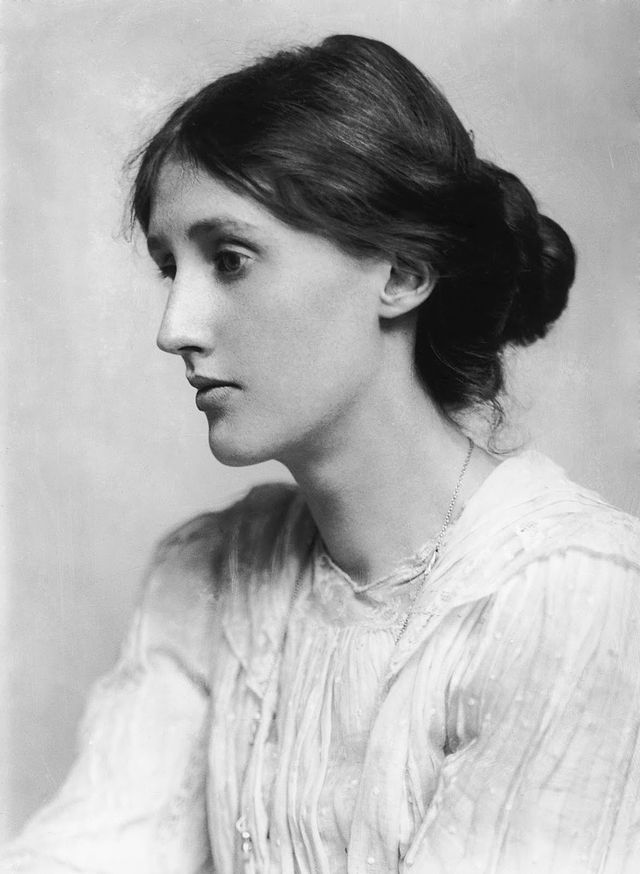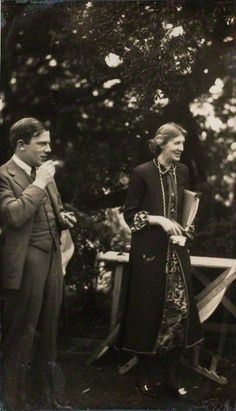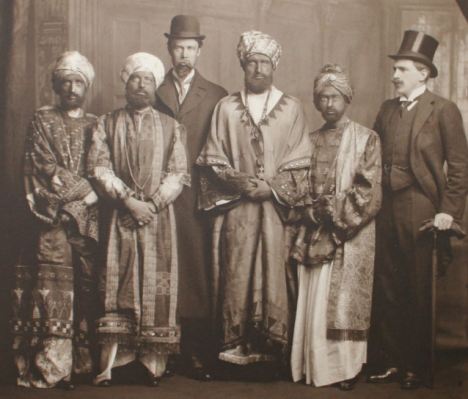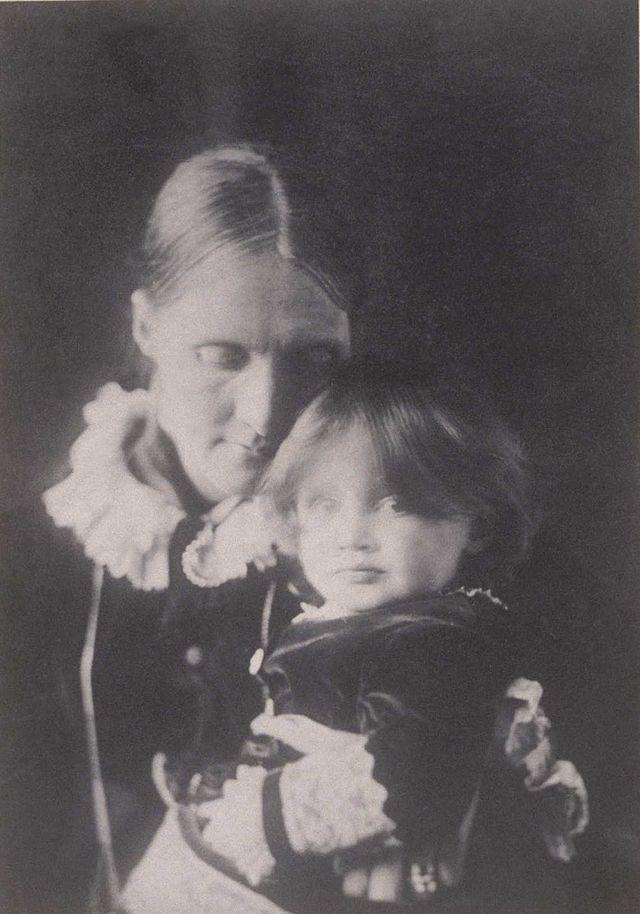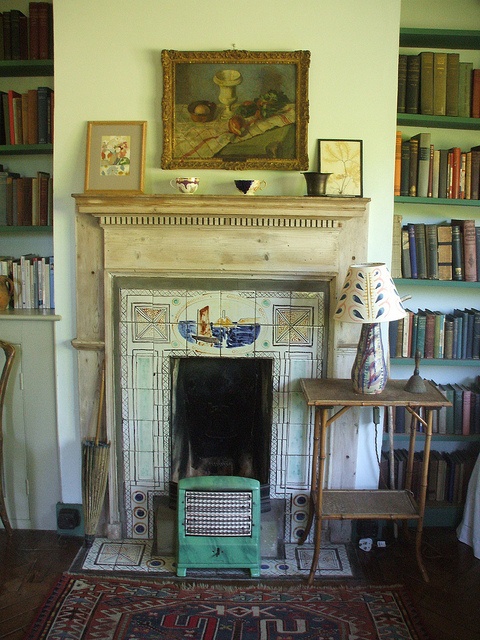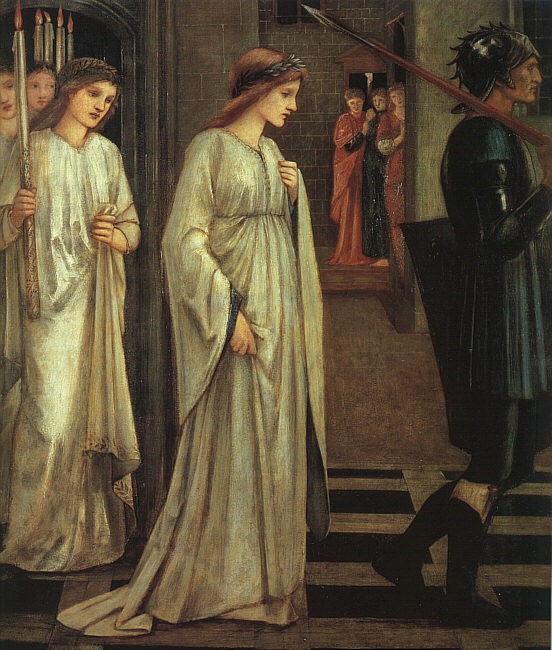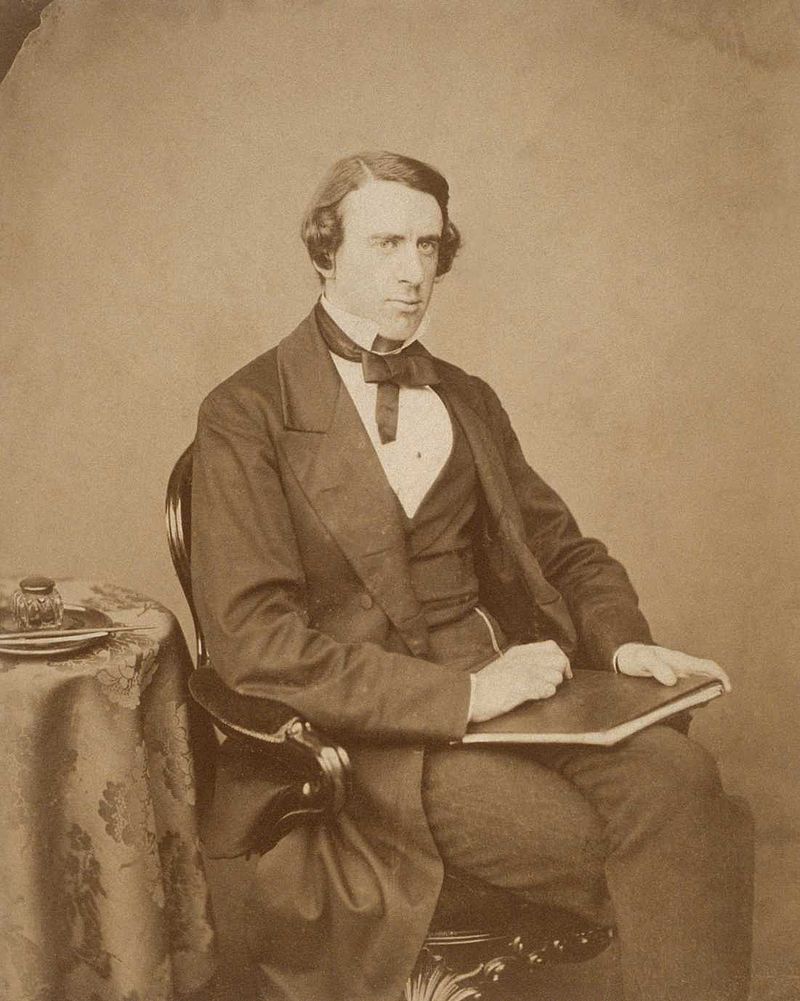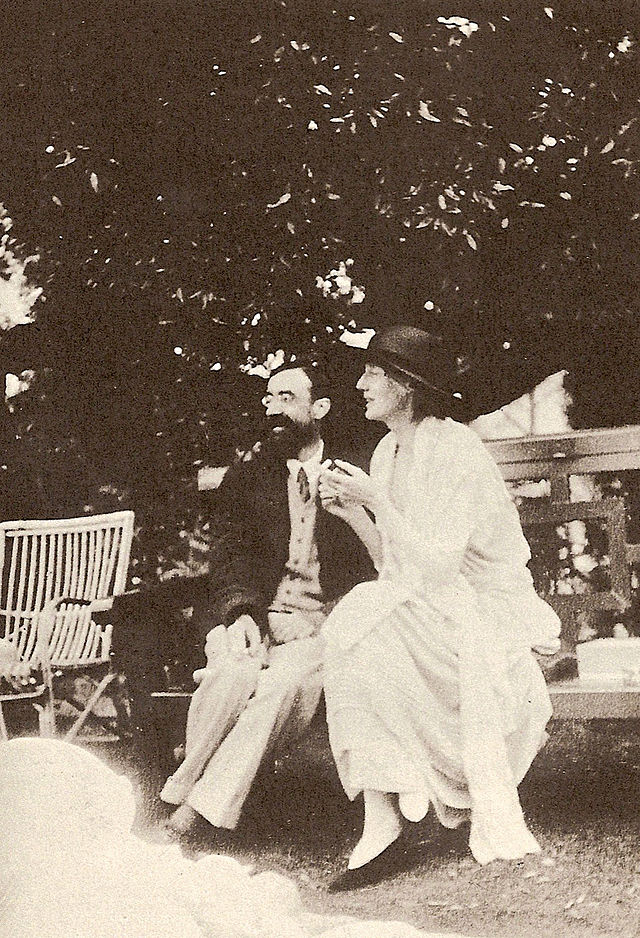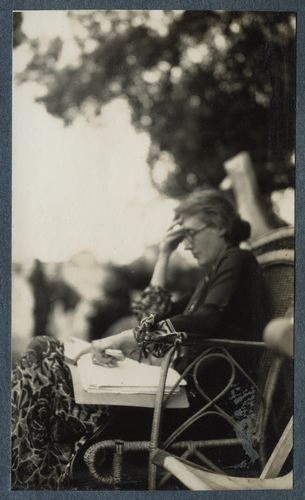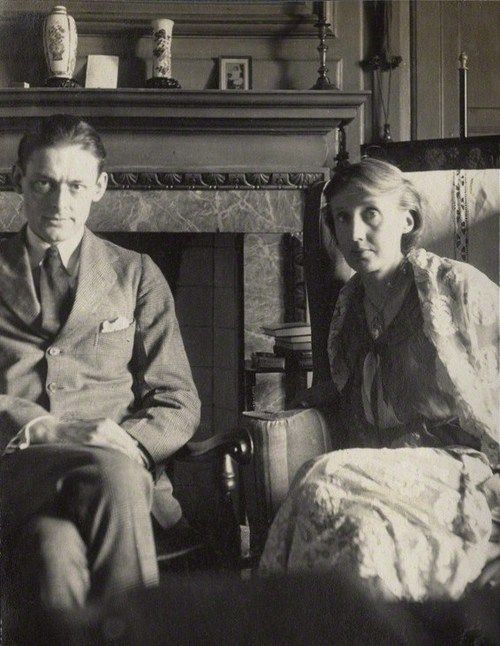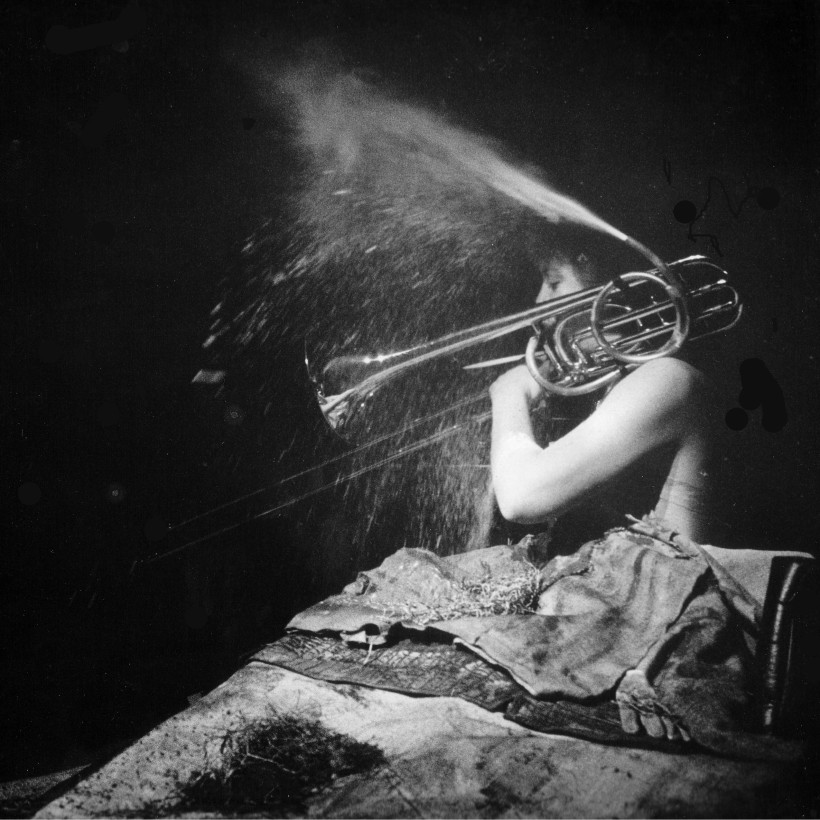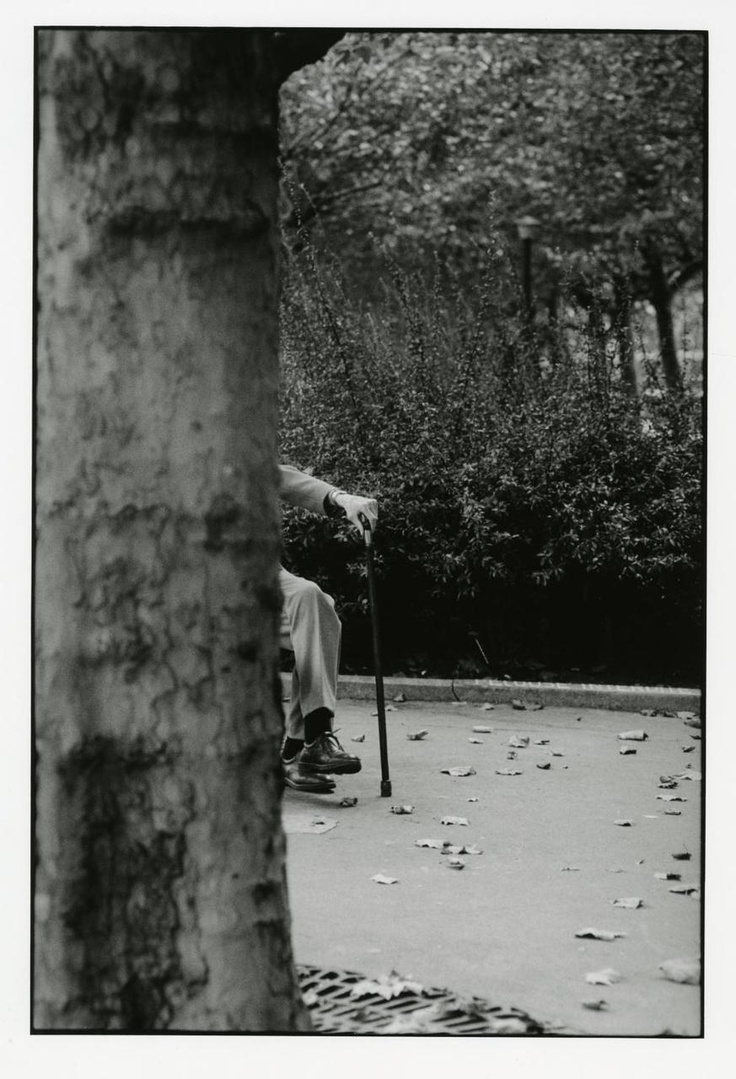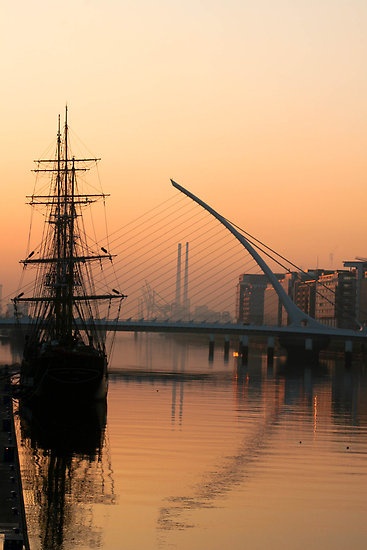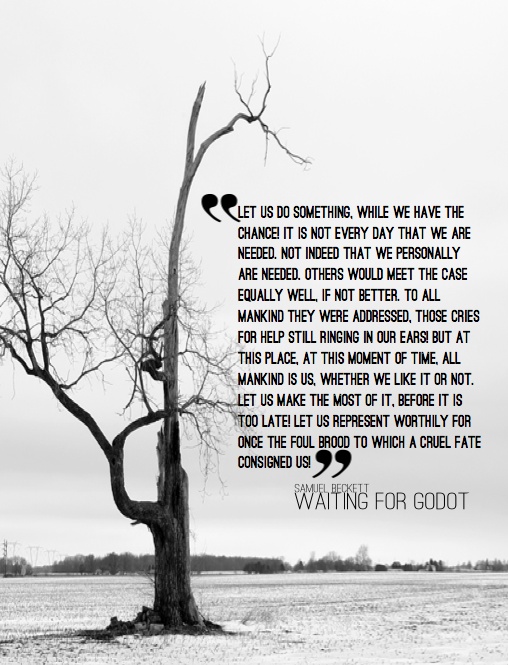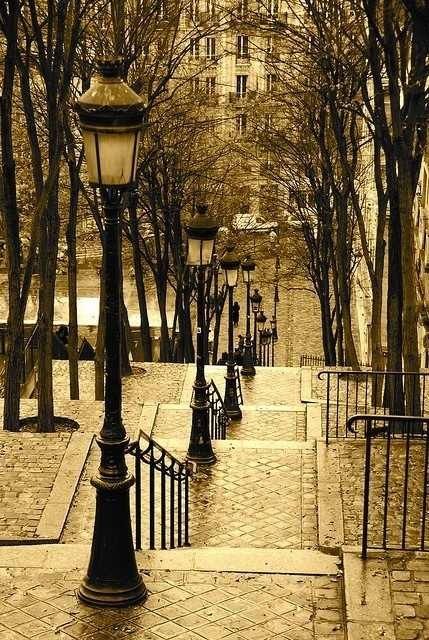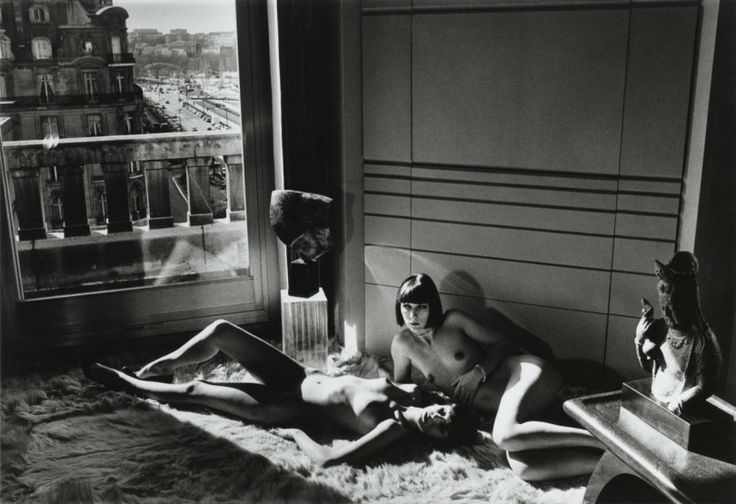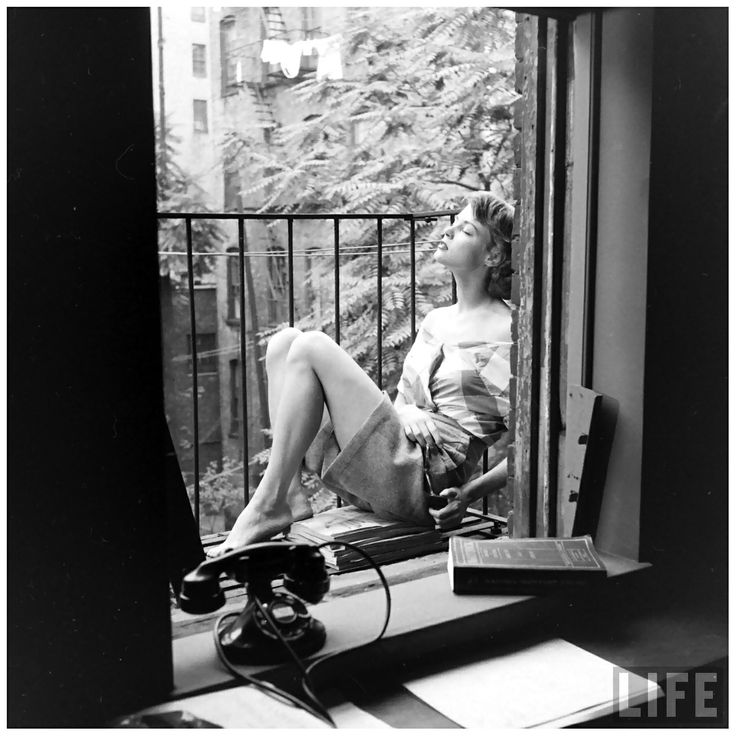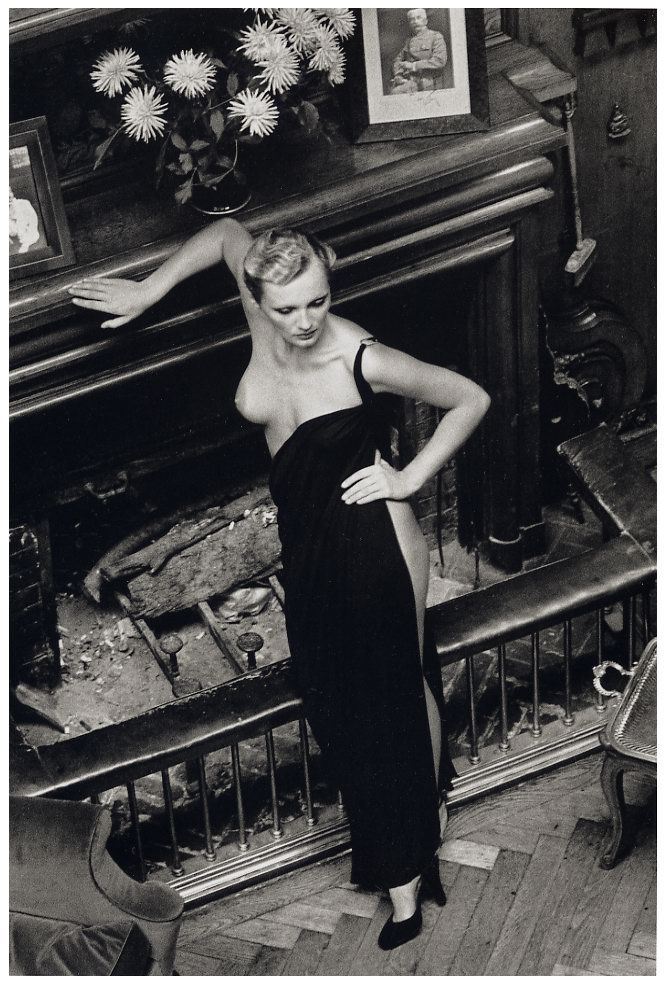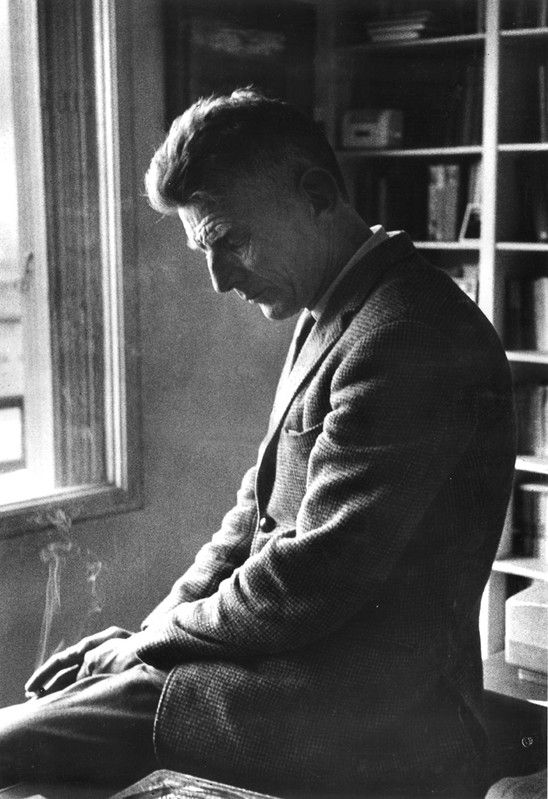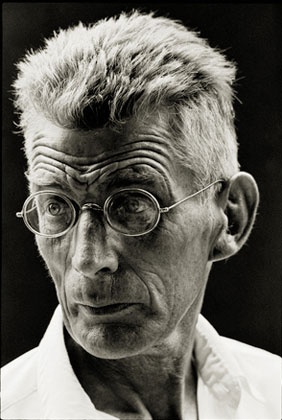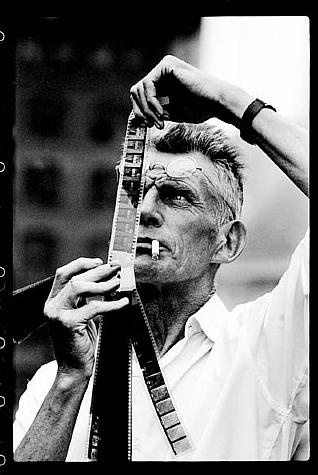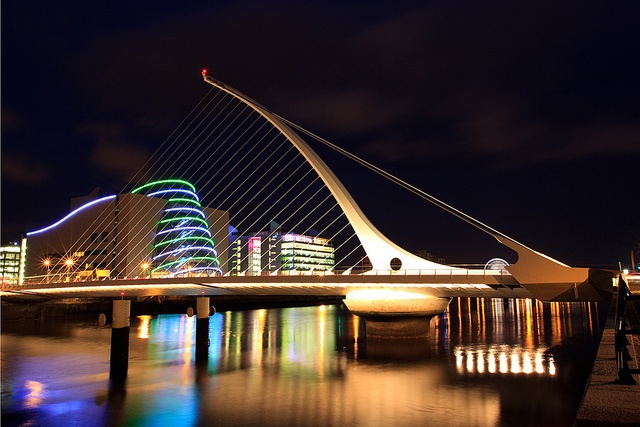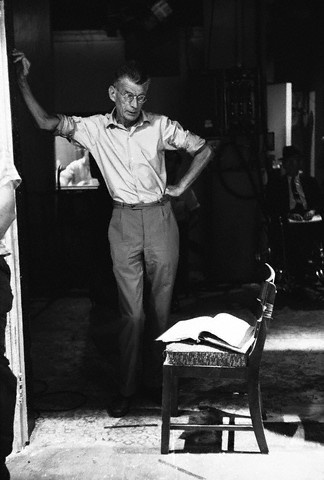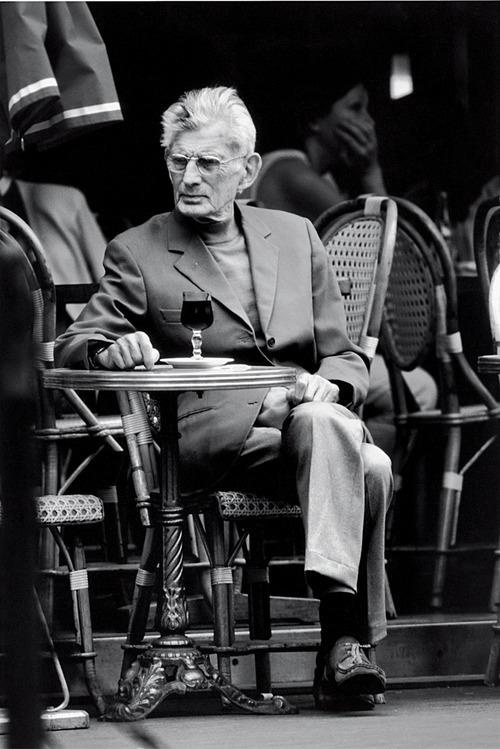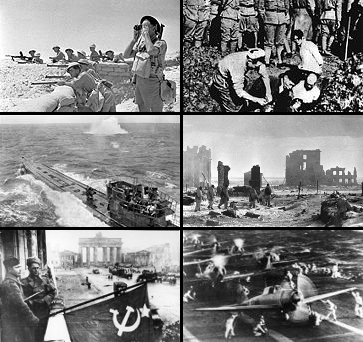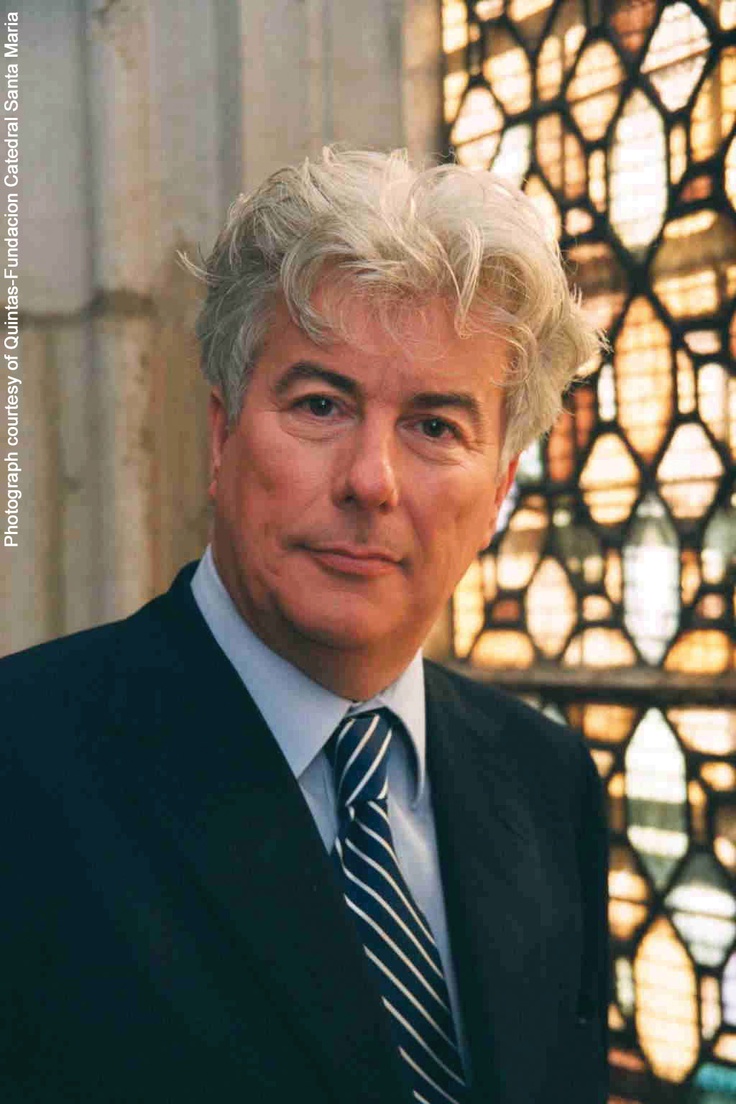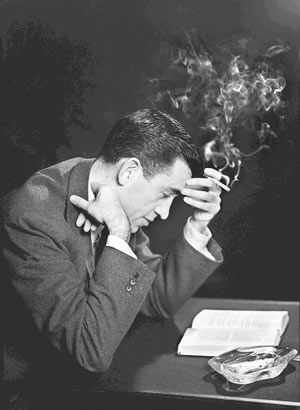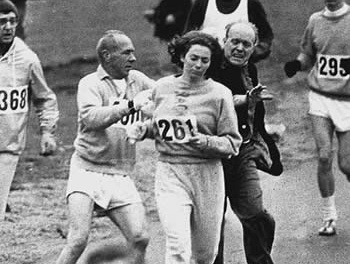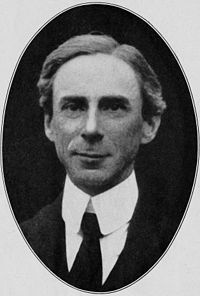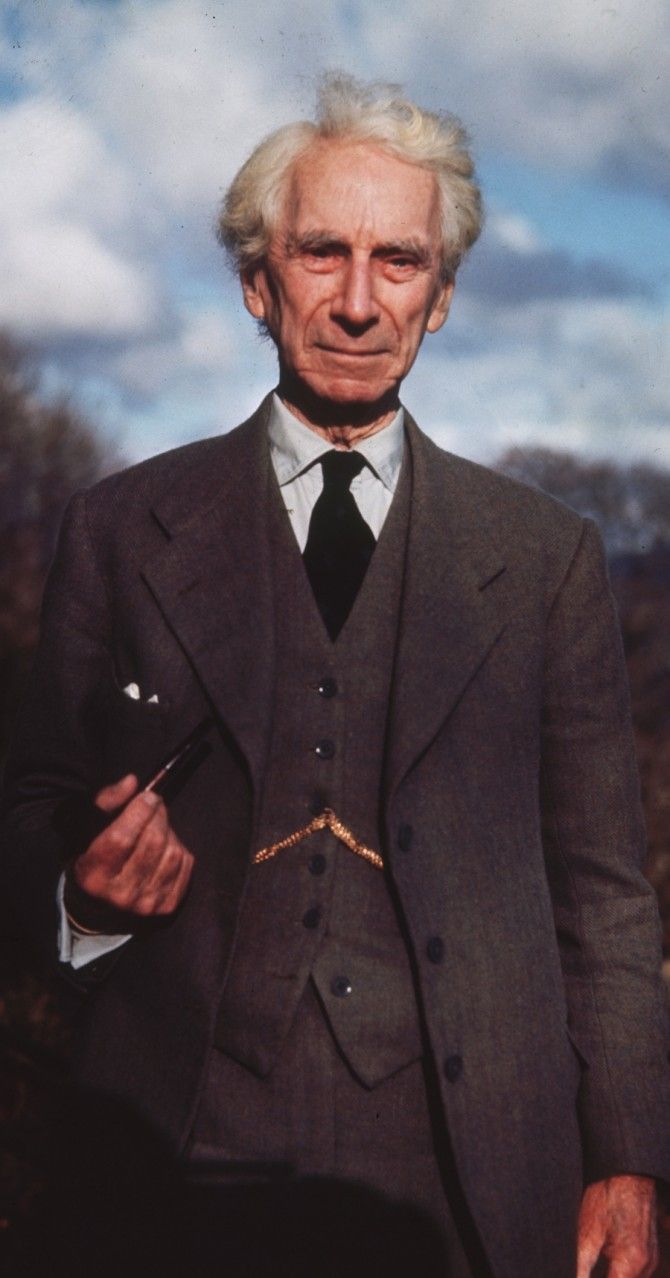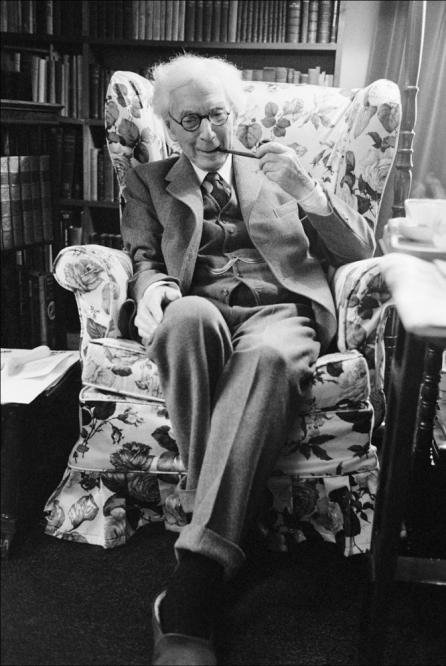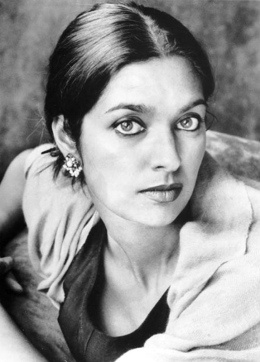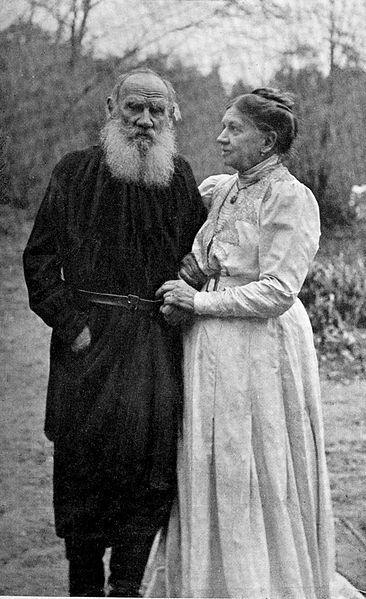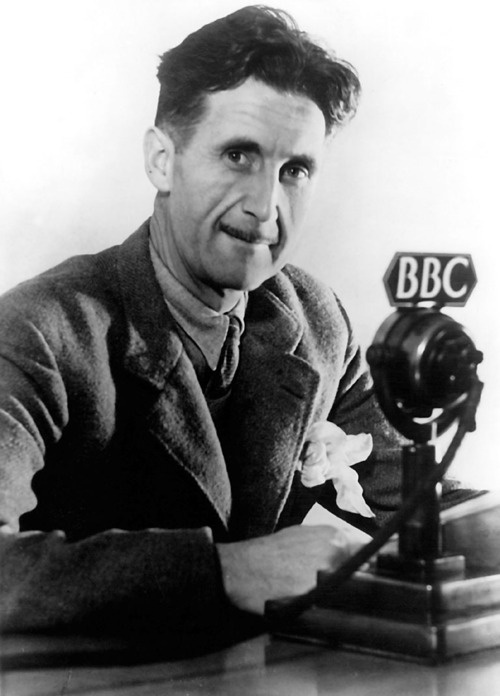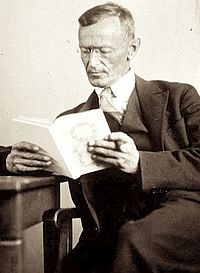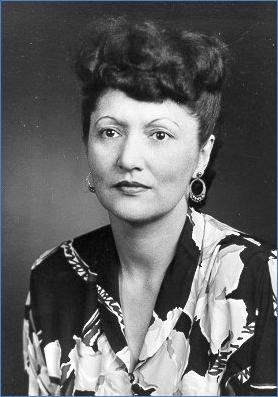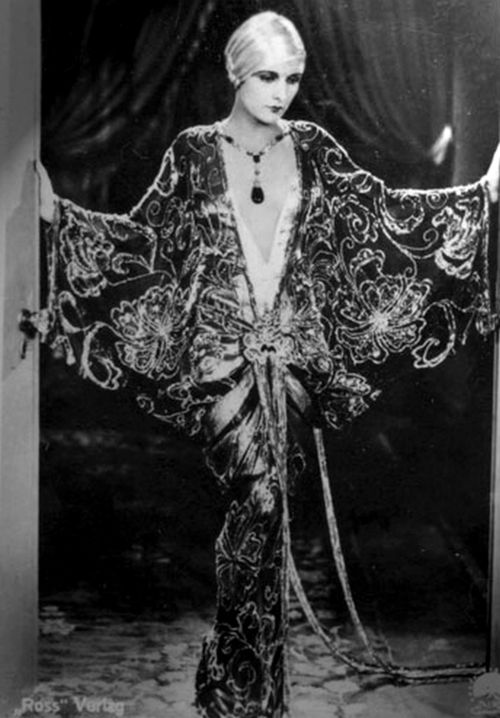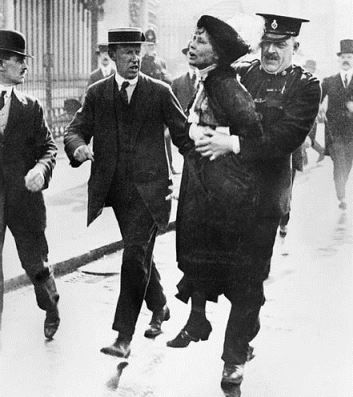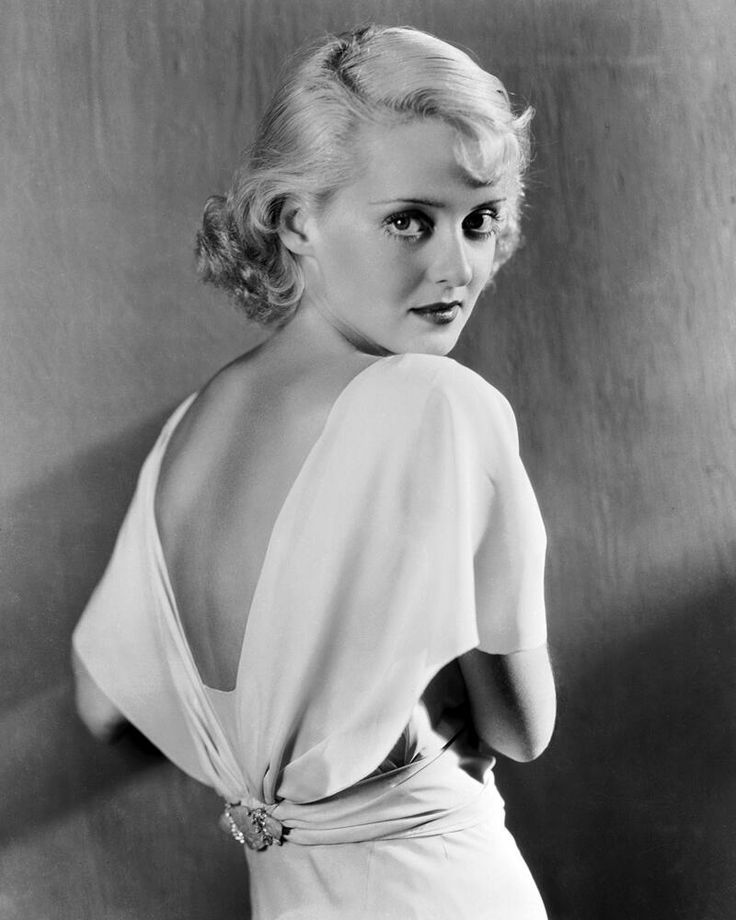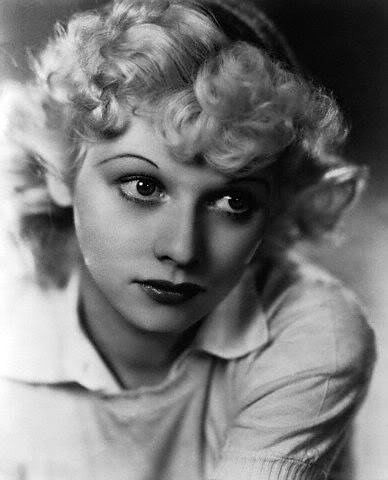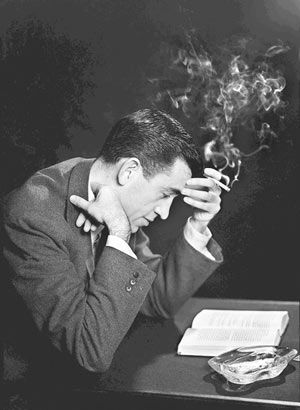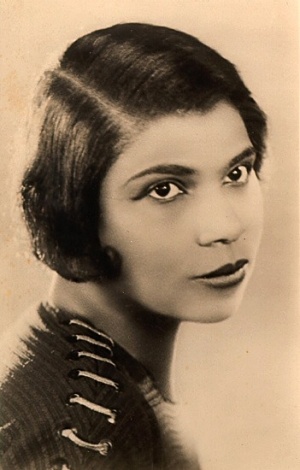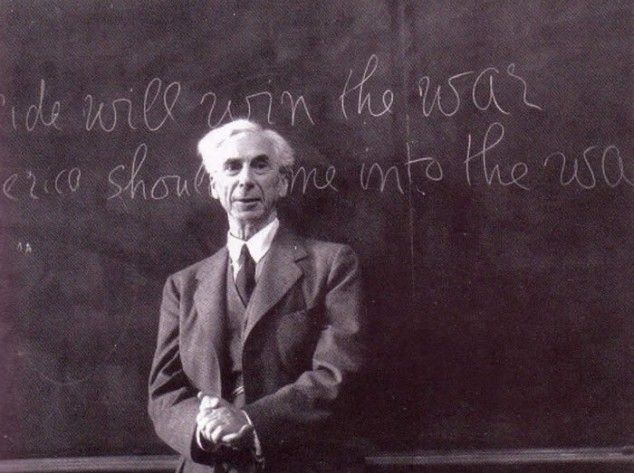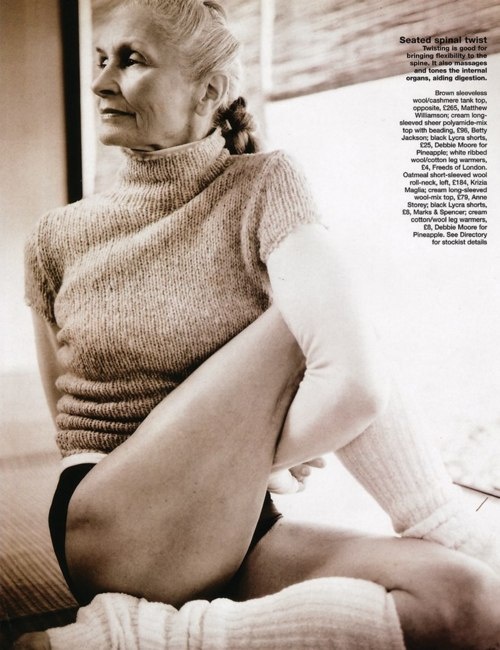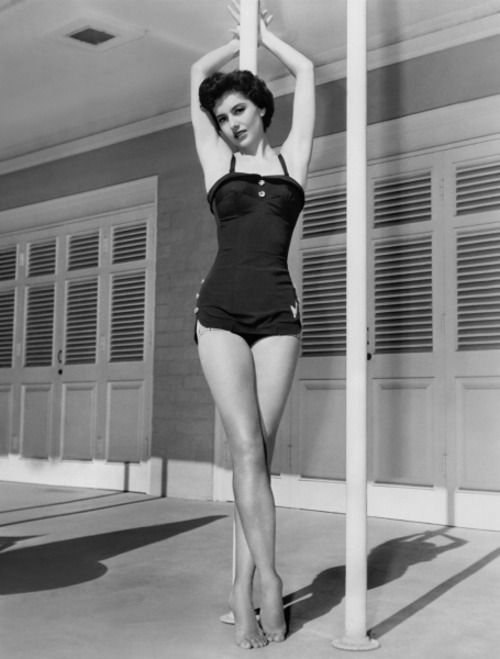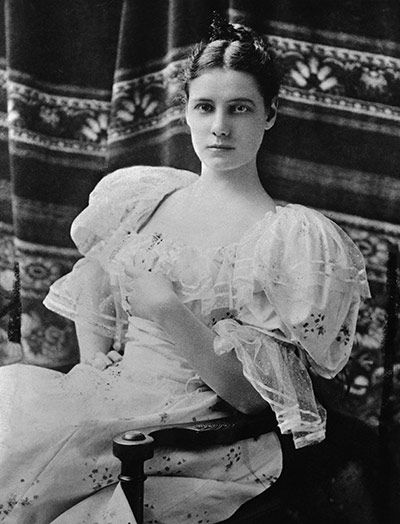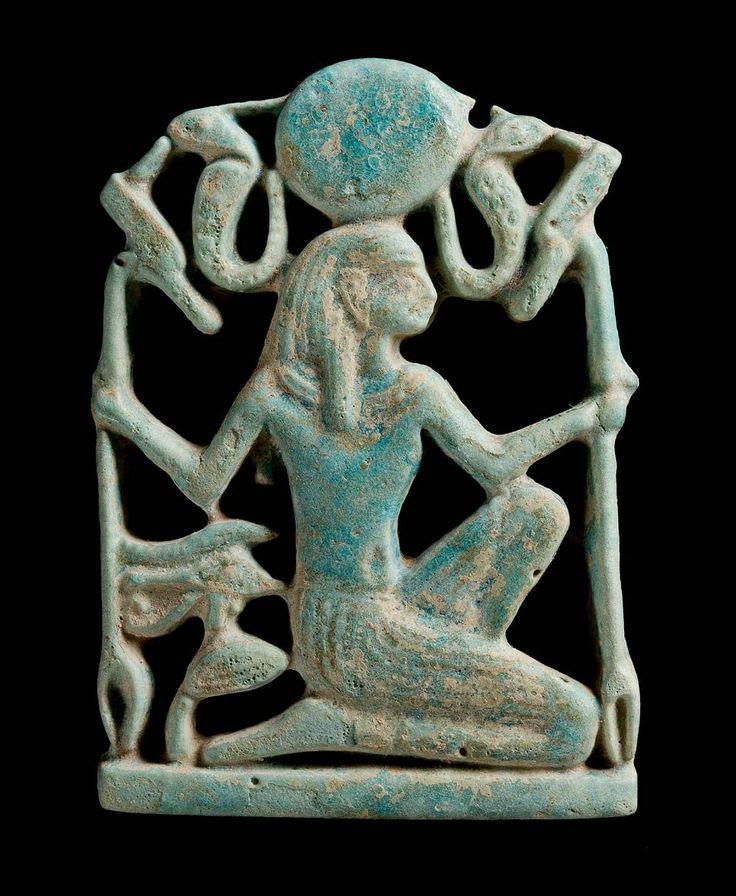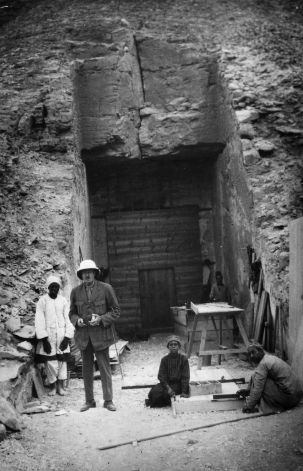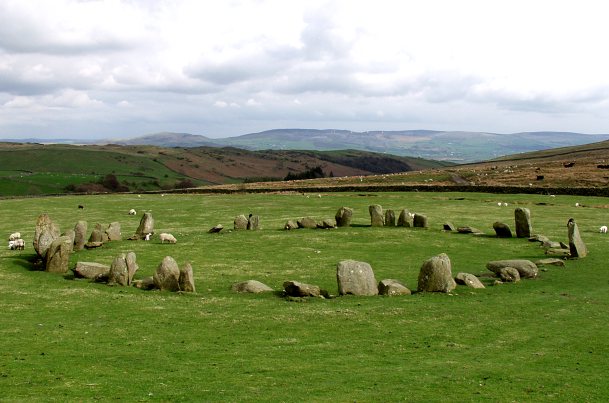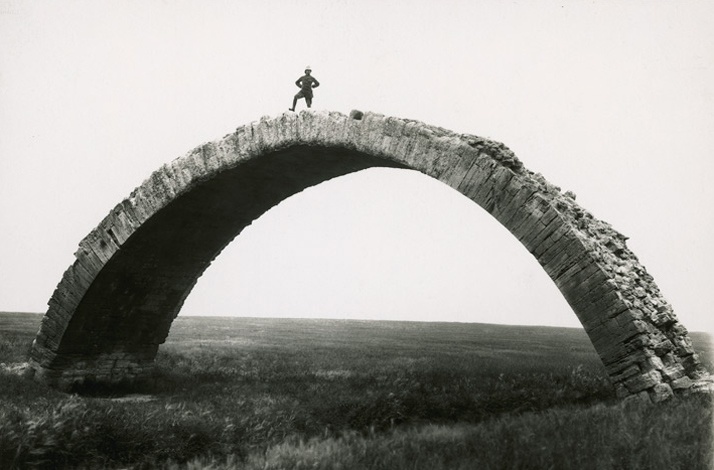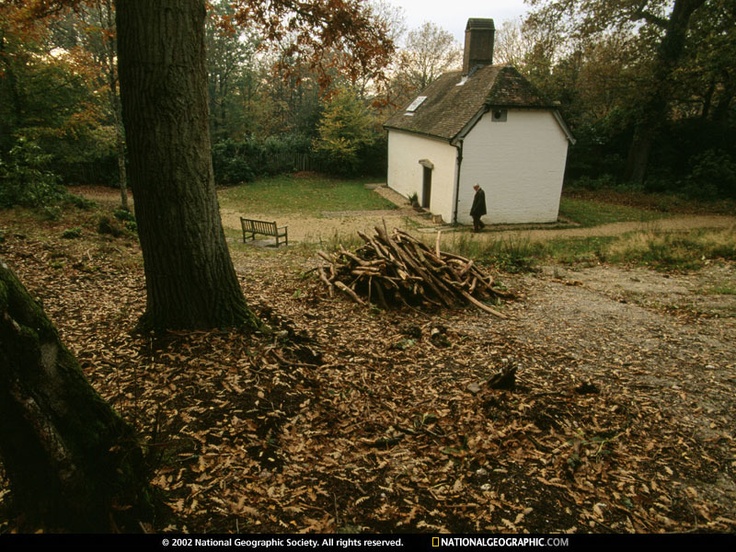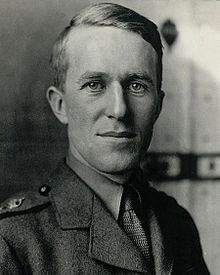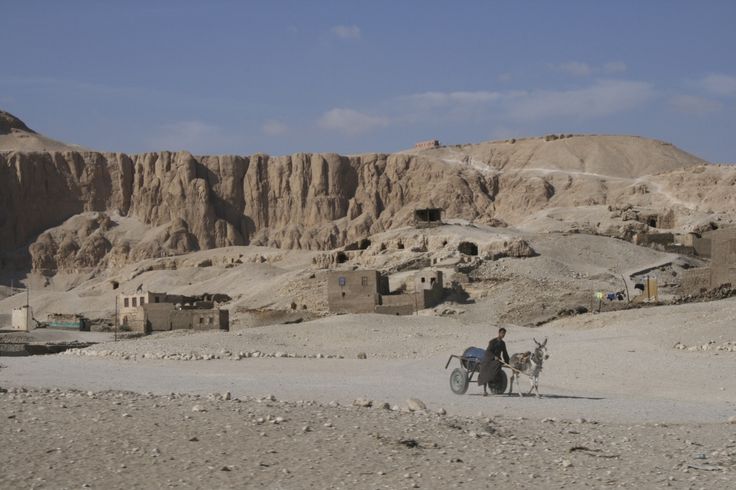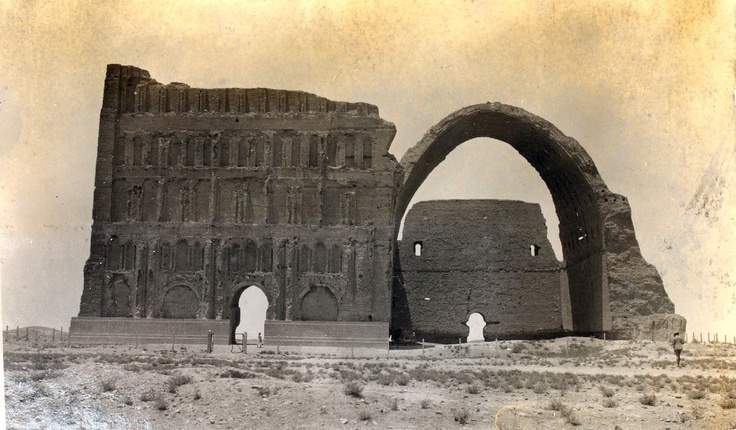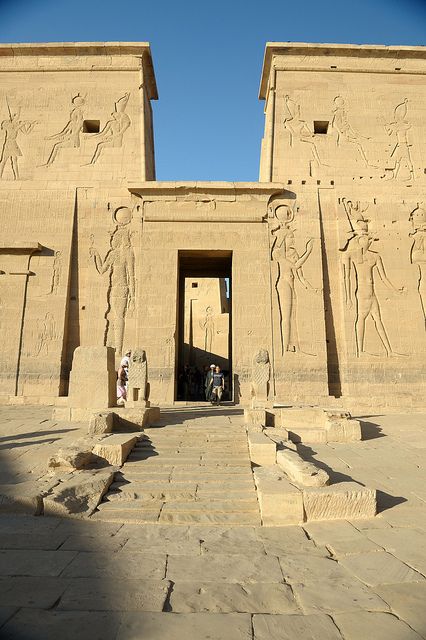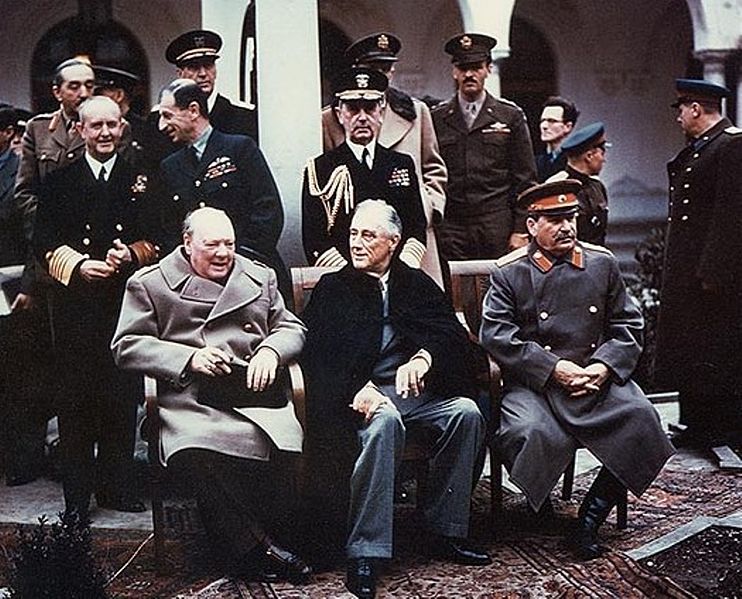 |
|
Adaptaciones
- El ojo de la aguja (Eye of the Needle, 1981; adaptación de La isla de las tormentas), película.
- La clave está en Rebecca (The Key to Rebecca, 1985), TV movie.
- En alas de las águilas (On Wings of Eagles, 1986; adaptación de Las alas del águila), miniserie de televisión de 2 episodios.
- Águila roja (Lie Down with Lions, 1994; adaptación de El valle de los leones), TV movie.
- El tercer gemelo (The Third Twin, 1997), TV movie.
- Eisfieber (Whiteout, 2010; adaptación de En el blanco), TV movie: 2 episodios.
- Los pilares de la Tierra (The Pillars of the Earth, 2010), miniserie de televisión de 8 episodios.
- Un mundo sin fin (World Without End, 2012), miniserie de televisión de 8 episodios.
|
|
Bibliografía
Novelas
Serie Apples Carstairs (1974-1975), firmadas con el seudónimo de Simon Myles
- La gran aguja (The Big Needle. En USA se tradujo como: The Big Apple, 1974, como Simon Myles y años después con su nombre). No publicada en español.
- El gran negro (The Big Black, 1974, como Simon Myles). No publicada en español.
- El gran hit (The Big Hit, 1975, como Simon Myles). No publicada en español.
Serie del espía Piers Roper (1975-1976), firmadas con su nombre
- La conmoción (The Shakeout, 1975). No publicada en español.
- The Bear Raid (The Bear Raid, 1976). No publicada en español.
|
|
|
|
|
|
Ken Follett (Cardiff, Gales, 5 de junio de 1949) es un escritor británico de novelas de suspense e históricas.
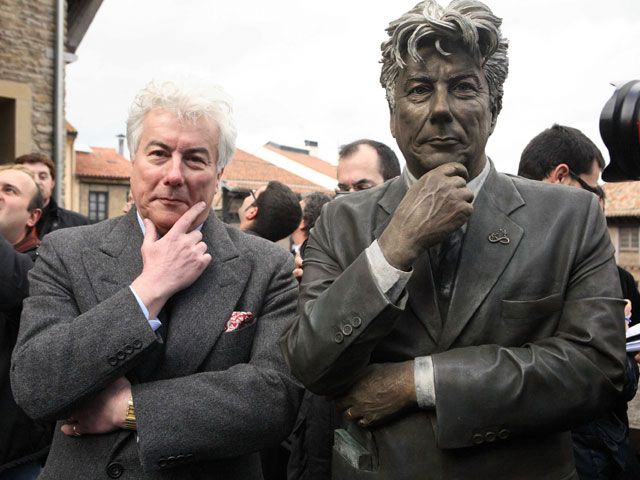
Infancia y juventud
Ken Follett, hijo de Martin y Veenie, nació en Cardiff, Gales y vivió allí hasta que su familia se trasladó a Londres cuando él tenía diez años. Al prohibirle sus padres, cristianos devotos, ir al cine y ver la televisión, desarrolló un temprano interés por la lectura, pero fue un estudiante muy normal hasta que llegó a la adolescencia. En 1967 ingresó en la University College of London, donde estudió filosofía y se implicó en movimientos de izquierdas. Se casó con su primera esposa, Mary, en 1968.
Tras su graduación, en el otoño de 1970, Follett se matriculó en un curso de periodismo de tres meses y consiguió trabajo como reportero en el South Wales Echo de Cardiff. Después de tres años en Cardiff, volvió a Londres como reportero para el Evening Standard. Al encontrar el trabajo poco gratificante, dejó el periodismo por la edición y se convirtió, al final de los años 1970, en subdirector de gestión de Libros Everest. Follett empezó a escribir relatos, al principio como afición, por las tardes y los fines de semana. El éxito le vino con la publicación, en 1978, de La isla de las tormentas, que le hizo internacionalmente famoso. Cada una de las siguientes novelas de Follett también se han convertido en éxitos de ventas, y un gran número de ellas han sido adaptadas al cine.
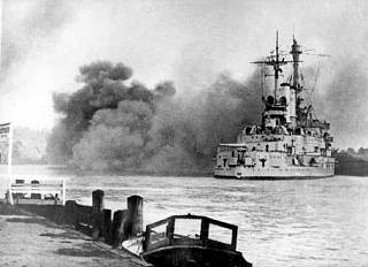
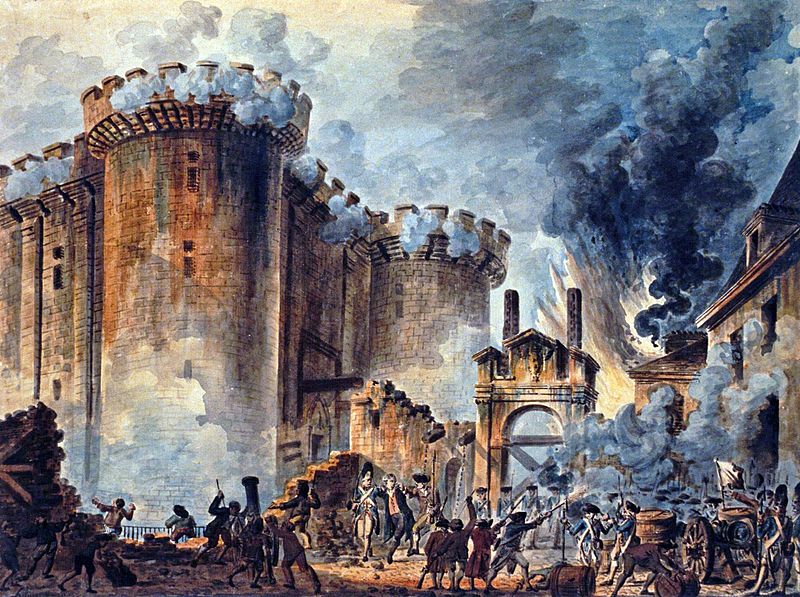

Follett se involucró a finales de los años 70 en las actividades del Partido Laborista. En 1982, en el curso de sus actividades políticas, conoció a Barbara Follett, una militante del Partido Laborista, con la que se casó. Barbara fue elegida miembro del Parlamento en 1997, representando a Stevenage, y fue reelegida en 2001. El propio Follett permanece como un prominente partidario de los Laboristas y recaudador de fondos.
Obras
Dejando aparte dos trabajos competentes pero poco distinguidos, El escándalo Modigliani y Papel moneda, la carrera literaria de Follett ha pasado por distintas fases. La primera, y más distinguida fase comprende La isla de las tormentas (retitulada en el mercado anglosajón como El ojo de la aguja) y los cinco libros (cuatro libros de ficción y otro de no ficción) que le siguieron. Todas eran variaciones del suspense de espionaje clásico, dos agentes audaces y con recursos contra un enemigo numeroso y bien equipado. Los escenarios son tanto cronológica como geográficamente diversos, desde la Europa de la Primera Guerra Mundial en El hombre de San Petersburgo al (entonces) presente Irán y Afganistán en Las alas del águila y El valle de los leones. Como en los primeros trabajos de Frederick Forsyth, otro periodista convertido en novelista, las primeras obras de suspense de Follett ponen mucha atención en cómo se hacen las cosas. La clave está en Rebeca, por ejemplo gira sobre los trabajos de un tipo particular de códigos secretos. Los transmisores de radio clandestinos desempeñan un papel principal en La isla de las tormentas. Los 6 libros, incluido Las alas del águila, la historia real de un intento con éxito de rescatar a dos empleados americanos de la compañía de Ross Perot, EDS, de Irán después de la Revolución Iraní, siguen las convenciones básicas del género de suspense. Los 6 libros, sin embargo, usan estas convenciones de maneras poco convencionales: haciendo al “héroe” de La isla de las tormentas un agente alemán, por ejemplo.
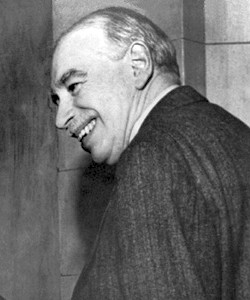
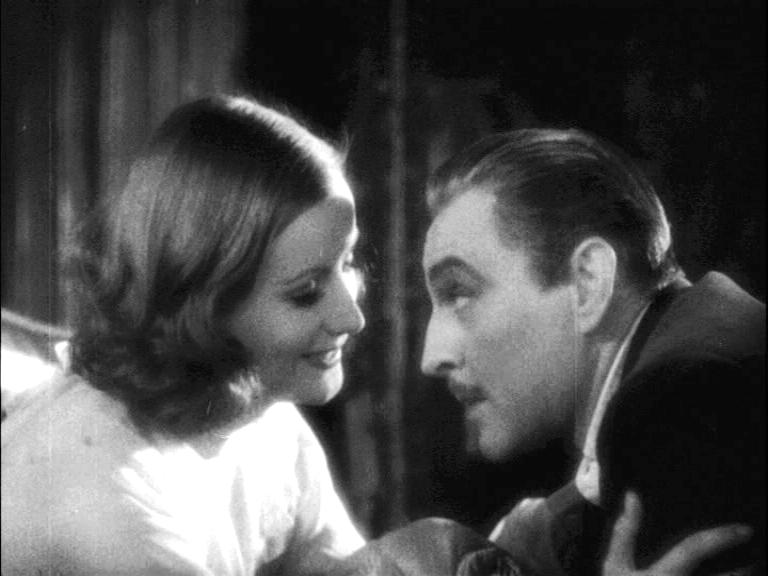
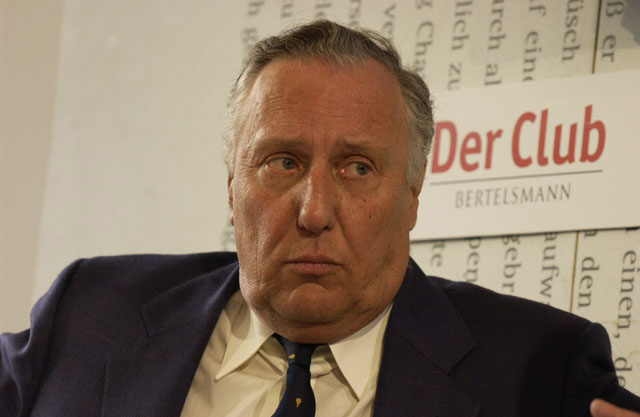
La segunda fase de la carrera de Follett fue una salida consciente de la primera: una serie de cuatro novelas históricas escritas en los finales de la década de los 80 y principios de los 90. Los pilares de la Tierra, la primera de las cuatro, impuso el patrón a las tres que le siguieron. En oposición con las primeras obras de suspense de Follett, figuró un gran reparto, múltiples líneas argumentales, ocasionales explosiones de violencia, y un uso extensivo del trasfondo histórico. Los pilares de la Tierra, situado en la Inglaterra medieval, sigue la construcción de una catedral. Noche sobre las aguas fue un relato al estilo de Grand Hotel que se escenificaba dentro de un hidroavión trasantlántico volando desde una ciudad costera de Gran Bretaña a Nueva York en la víspera de la Segunda Guerra Mundial. Una fortuna peligrosa trataba sobre una intriga familiar y de negocios en una gran familia de financieros en la era victoriana de Londres, y Un lugar llamado libertad tenía lugar en las colonias británicas en Norteamérica sobre las fechas de la Guerra de Independencia de los Estados Unidos.
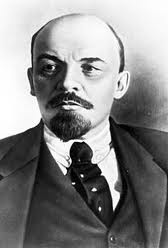
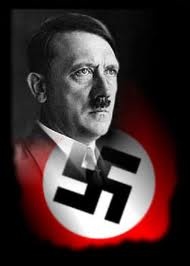
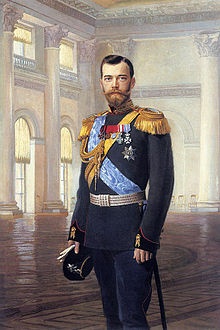
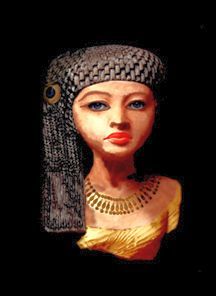
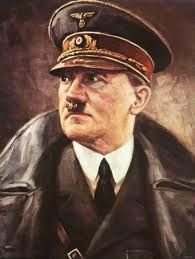
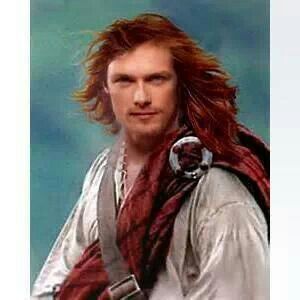
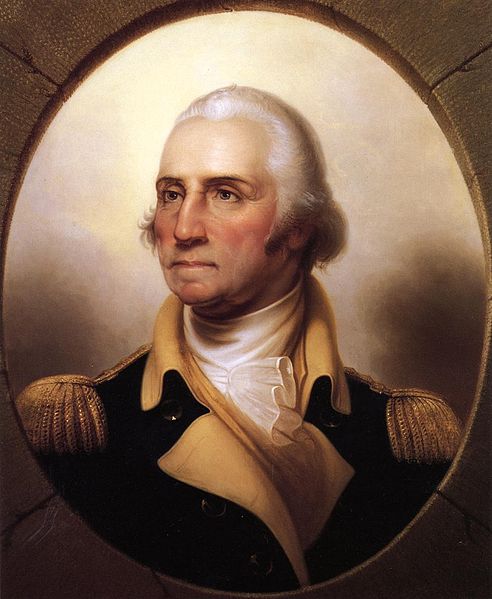
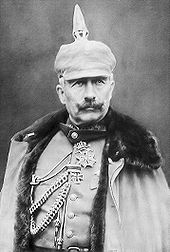
Follett cambió sus engranajes literarios una tercera vez a finales de los 90, con un par de libros situados firmemente en el presente y usando la alta tecnología como mecanismo argumental. En la boca del dragón se enfocaba en el uso potencial de terremotos como arma terrorista, y El tercer gemelo en los aspectos más oscuros de la biotecnología. Las dos novelas (aparentemente un intento de minar la misma vena de ficción que Michael Crichton) fueron relativamente poco exitosas. La crítica, así como muchos de sus lectores, encontraron superficiales a los personajes y el esfuerzo por suspender la incredulidad demasiado grande.
Follett volvió al suspense convencional de baja tecnología en Doble juego, una historia de espionaje involucrando agentes soviéticos y americanos en la víspera del lanzamiento de los primeros satélites.
A menos que se produzca otro cambio radical en su producción literaria, la reputación de Follett probablemente descansará en sus primeras obras de suspense (especialmente en La isla de las tormentas y La clave está en Rebeca) y en Los pilares de la Tierra, que él mismo ha reconocido como su mejor trabajo hasta ahora.
Su novela Un mundo sin fin, secuela de Los pilares de la Tierra fue publicada en octubre de 2007 en inglés y en su versión española el 28 de diciembre de 2007.
El escritor galés Ken Follett presentó en Vitoria su libro ‘Un mundo sin fin’, la continuación de ‘Los pilares de la Tierra’. Cinco años de intensa relación con la Fundación Catedral Santa María, templo cuya reconstrucción sirvió de inspiración al autor para esta novela, le proporcionaron importante documentación sobre el proyecto.
Gracias a ello y a la decisión de Follett de incluir en él una fotografía suya tomada en el coro, la “Catedral Vieja” de Vitoria llegó a millones de lectores. En la promoción de su libro utiliza una serie de instantáneas realizadas en sus visitas a Vitoria ; y en el apartado de agradecimientos el autor reconoce la inspiración que el templo le proporcionó, así como toda la ayuda prestada por la Fundación.
Además de presentar el libro y reunirse con sus lectores, Follett inauguró la estatua que representa al escritor a tamaño natural, obra de Casto Solano, que se colocó en la plaza de la Brullería en reconocimiento a la difusión realizada del templo vitoriano. La pieza, que está situada en la parte alta de la plaza, se convirtió en un atractivo en sí misma y encarna perfectamente la relación de Follett con la Catedral.
En su última visita a la Catedral de Santa María de Vitoria-Gasteiz, el 9 de enero de 2008, declaró que habría una tercera parte de dicha saga.1
Su novela, La caída de los gigantes fue publicada simultáneamente en diecinueve países, el 28 de septiembre de 2010.2 Se trata de una novela épica que narra la historia de cinco familias durante los años turbulentos de la Primera Guerra Mundial, la Revolución rusa y la lucha de hombres y mujeres por sus derechos.3 Es la primera entrega de La Trilogía del Siglo, cuya segunda novela El invierno del mundo, que salió a la venta en septiembre de 2012, narra las vivencias de los hijos de los personajes de La caída de los gigantes durante la Gran Depresión de 1929 y la Segunda Guerra Mundial. El tercer libro es previsible que salga a la venta en 2014 y versará sobre la generación que vivió la Guerra Fría.
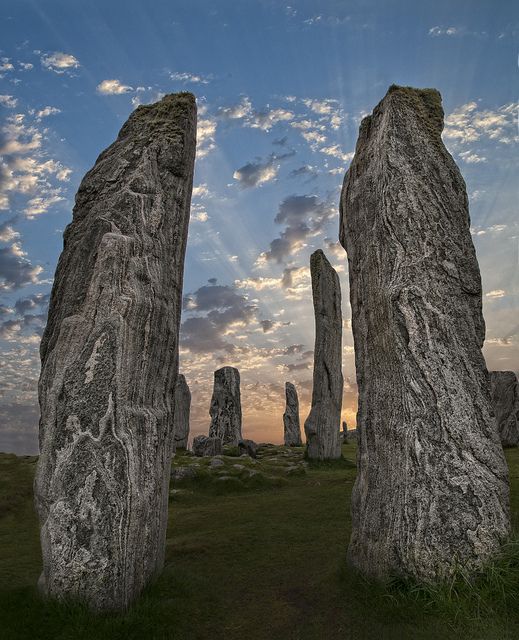
Un lugar llamado libertad
Un lugar llamado libertad (1995) es una novela histórica del autor británico Ken Follett ambientada en siglo XVIII.
Argumento
Ser minero del carbón en la Escocia del siglo XVIII significaba servidumbre y sufrimiento. Por eso Mack McAsh se enfrentó a su amo, lo que le obligó a huir. Para el joven comenzó una odisea, que le llevó a Londres y luego a las colonias de América del Norte, convertidas más que nunca en esperanza de libertad. Bajo el ropaje de una trepidante novela de acción en la que afloran los mejores sentimientos el amor, la generosidad, la entrega a los otros. Un lugar llamado libertad es una obra apasionante donde brilla el talento narrativo de uno de los autores más reconocidos de nuestro tiempo.
La ubicación en el Reino Unido y la América del siglo XVIII está muy lograda y embellece mucho a la novela. Los roces de amor son apasionantes, de la misma forma que el sentimiento de poder ser libre tras haber sido un esclavo toda su vida.
==============================EN INGLÉS==============================
KEN FOLLETT
Ken Follett ( Cardiff , Wales , June 5 of 1949 ) is a writer British novels of suspense and historical .
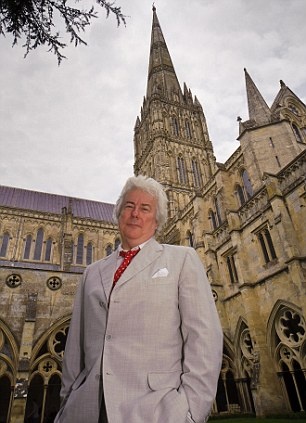
Early life
Ken Follett, son of Martin and Veenie, born in Cardiff , Wales and lived there until his family moved to London when he was ten. Barred from his parents, devout Christians, going to movies and watching television, developed an early interest in reading, but it was a very average student until he reached adolescence. In 1967 he entered the University College of London , where he studied philosophy and became involved in leftist movements. He married his first wife, Mary, in 1968 .
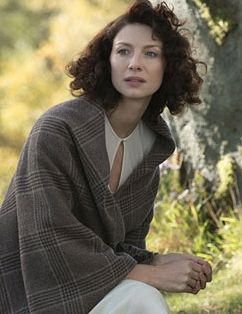
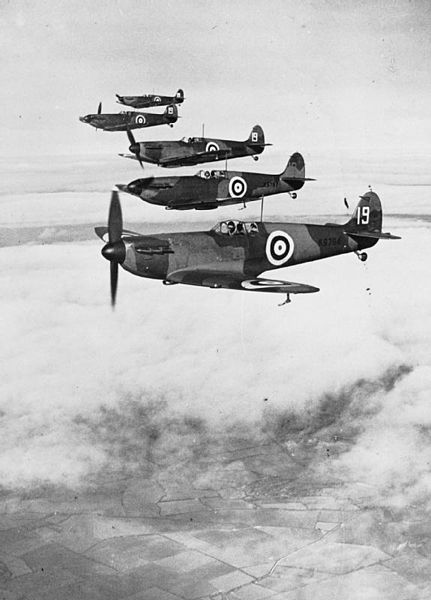
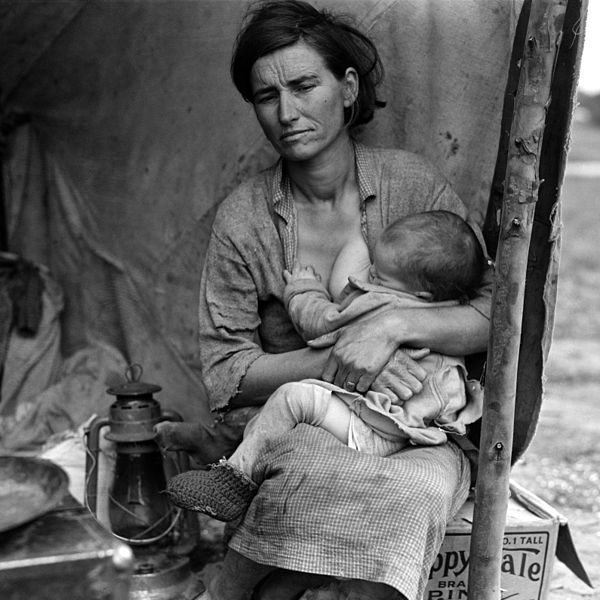
After graduation, in the fall of 1970 , Follett enrolled in a journalism course three months and got a job as a reporter in the South Wales Echo in Cardiff . After three years in Cardiff he returned to London as a reporter for the Evening Standard . Finding the work unchallenging, left journalism for publishing and became, at the end of the years 1970 , deputy director of management at Everest Books. Follett started writing stories, at first as a hobby, in the evenings and weekends. Success came to him with the publication in 1978 of The Island of storms that made him internationally famous. Each of the following is also Follett novels have become bestsellers, and a large number of them have been adapted to film.
Follett became involved in the late 70s in the activities of the Labour Party . In 1982, in the course of his political activities, he met Barbara Follett, a militant of the Labour Party, with which he married. Barbara was elected to the Parliament in 1997 , representing Stevenage , and was reelected in 2001 . The Follett himself remains a prominent supporter of the Labour fundraiser.
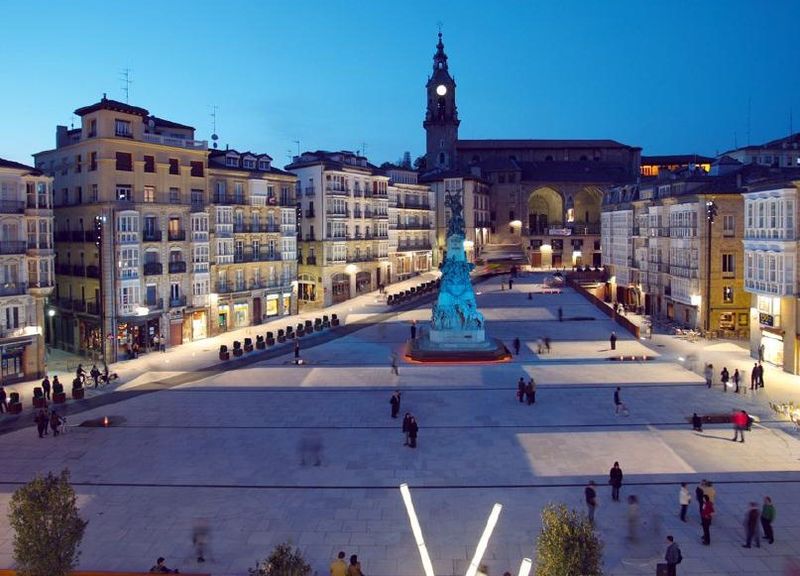
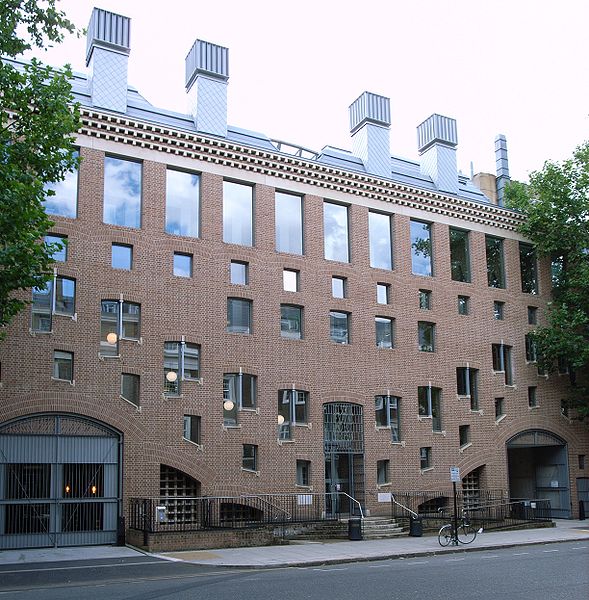
Works
Apart from two competent but undistinguished work, The Modigliani Scandal and Paper Money , Follett’s literary career has gone through different phases. The first and highest phase comprises storms Island (renamed in the English-speaking market as The eye of the needle) and the five books (four books of fiction and one nonfiction) that followed. All were variations of the classic espionage thriller, two bold and resourceful agents against a large and well-equipped enemy. Scenarios are both chronologically and geographically different from the Europe of World War I in St. Petersburg man the (then) present Iran and Afghanistan on the wings of eagles and lions Valley. As in the early works of Frederick Forsyth , another journalist-turned-novelist, the first works of suspense Follett pay close attention to how things are done. The Key to Rebecca, for example, hinges on the work of a particular type of codes secrets. Clandestine Radio transmitters play a major role in the island storms. The 6 books, including On Wings of Eagles , the true story of a successful attempt to rescue two American employees of the company Ross Perot , EDS from Iran after the Iranian Revolution , follow the basic conventions of the thriller genre. The 6 books, however, use these conventions in unconventional ways: by the “hero” of the island from the storms a German agent, for example.
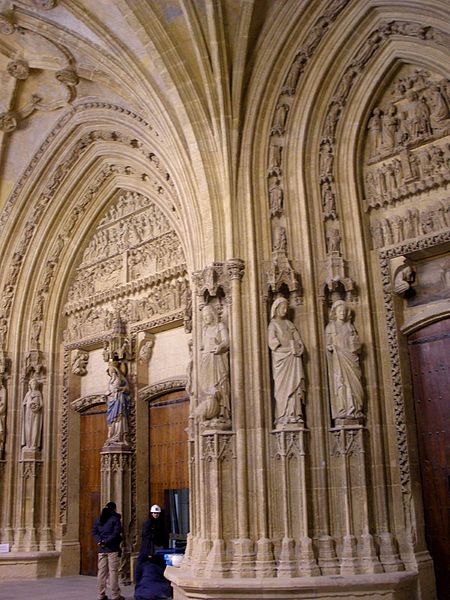
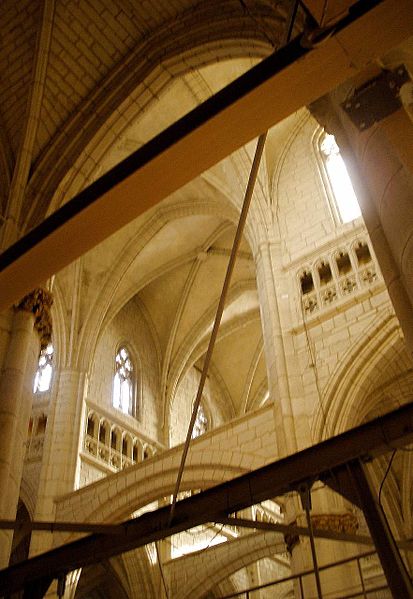
The second phase of Follett’s career was a conscious departure from the first. A series of four historical novels written in the late 80′s and early 90′s The Pillars of the Earth , the first of four, set a pattern to the three that followed. In contrast with the early works of suspense Follett, featured a large cast, multiple plotlines, occasional explosions of violence, and extensive use of historical background. Pillars of the Earth, set in medieval England, follows the construction of a Cathedral. Night Over Water was a story in the style of Grand Hotel that was staged within a transatlantic seaplane flying from a coastal town in Britain to New York on the eve of the Second World War . A Dangerous Fortune was on a familiar intrigue and business in a large family of financiers in Victorian era London , and A Place Called Freedom took place in the British colonies in North America on the dates of the War of Independence of the United States .
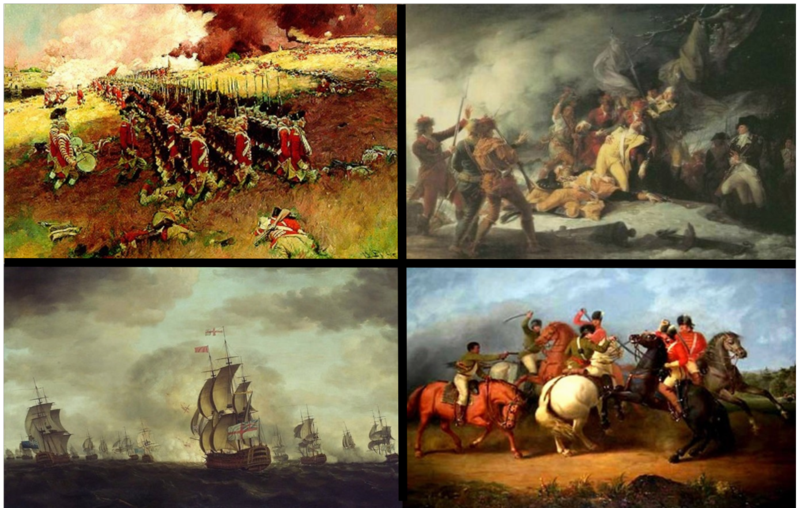
Follett changed literary gears a third time in the late 90s, with a couple of books set firmly in the present and using high technology as a plot device. At the mouth of the dragon is focused on the potential use of earthquakes as a terrorist weapon, The Third Twin and the darkest aspects of biotechnology. The two novels (apparently an attempt to mine the same vein of fiction Michael Crichton ) were relatively successful. Review as well as many of his readers found the characters shallow and the effort to suspend disbelief too great.
Follett returned to conventional low-tech thriller Double Play , a spy story involving Soviet and American agents on the eve of the launch of the first satellites .
Unless another radical change in his literary output, Follett’s reputation will probably rest on his early works of suspense (especially storms Island and The Key to Rebecca ) and The Pillars of the Earth , he himself has acknowledged as his best work so far.
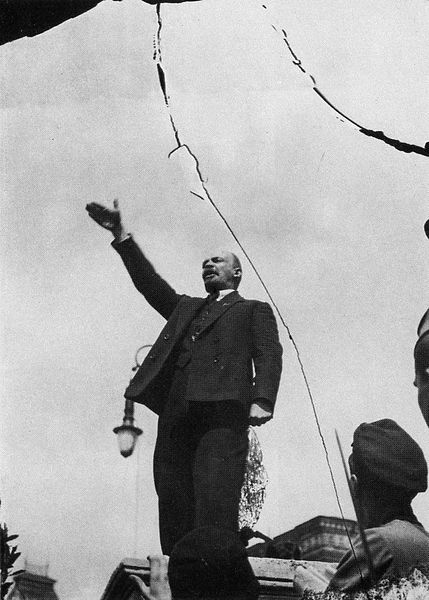
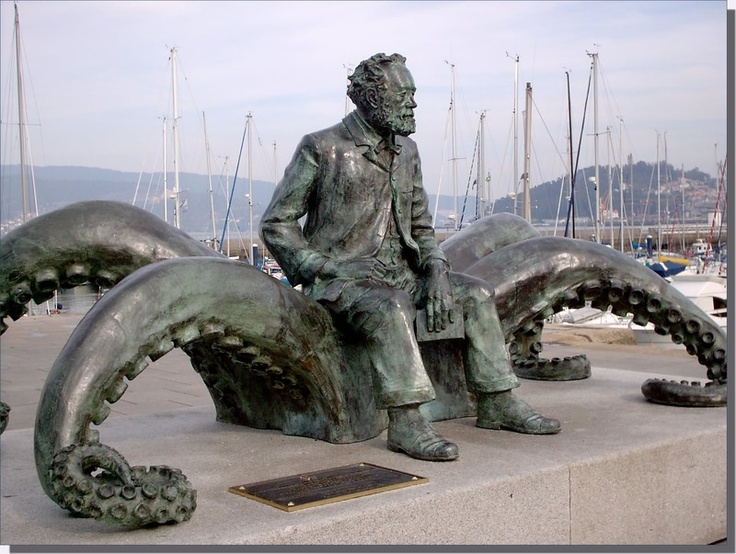
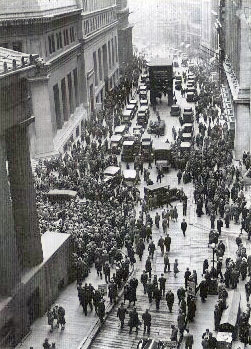
His novel World Without End , the sequel to The Pillars of the Earth was published in October 2007 in English and Spanish version on December 28 of 2007 .
The Welsh writer Ken Follett presented in Vitoria his book ‘World Without End’, the continuation of ‘The Pillars of the Earth’. Five years of intense relationship with the Santa Maria Cathedral , whose reconstruction temple inspired the author for this novel, they provided important information about the project.
Thanks to this and the decision to include Follett in him a photograph of him taken in the choir, the “Old Cathedral” of Vitoria reached millions of readers. In promoting his book uses a series of snapshots taken on visits to Vitoria ; and in the acknowledgments the author acknowledges the inspiration he gave him the temple, and all the assistance from the Foundation.
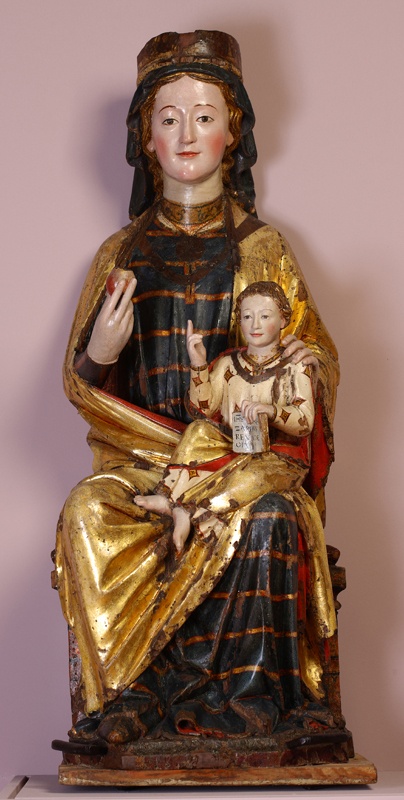
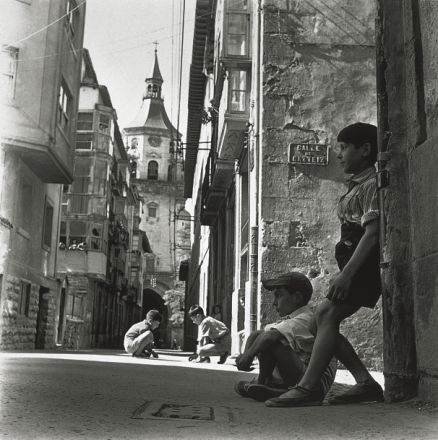
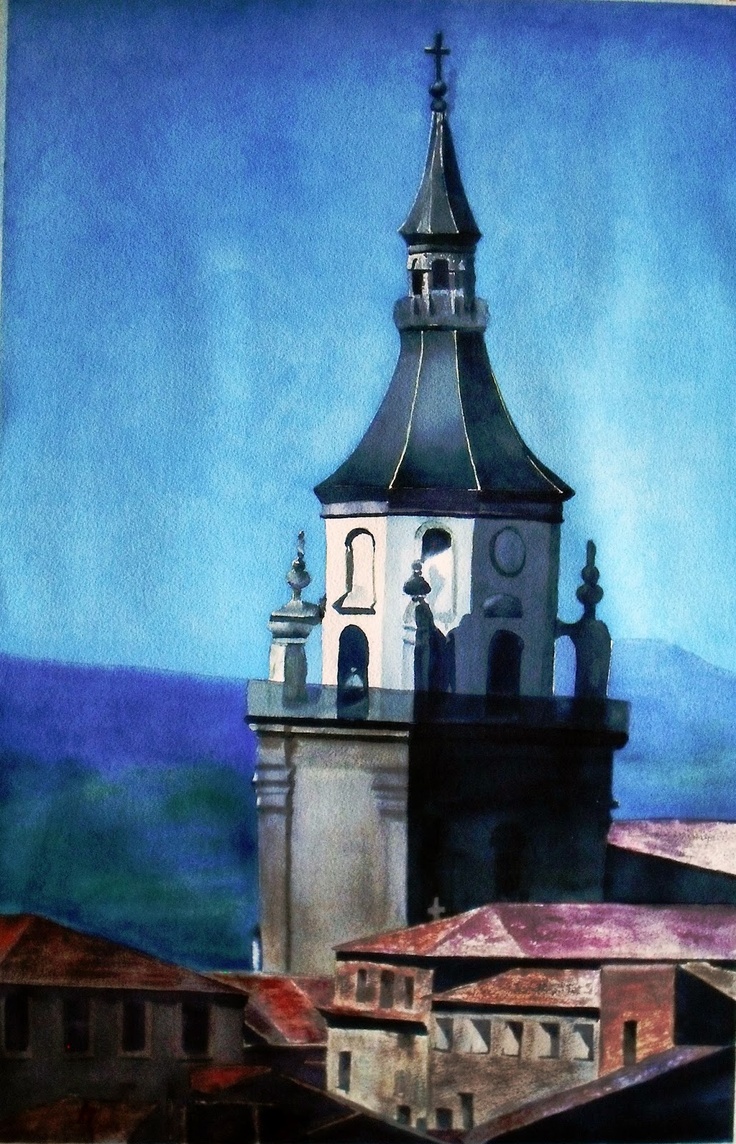
Besides presenting the book and meet their readers, Follett inaugurated the statue of the writer’s life-size work Casto Solano, which was placed in the square in recognition Brullería diffusion on the Vitoria temple. The piece, which is located in the upper part of the square, became an attraction in itself and perfectly embodies Follett’s relationship with the Cathedral.
In his last visit to the Cathedral of Santa Maria de Vitoria-Gasteiz, on January 9th of 2008 , stated that there would be a third of that saga.
His novel, The Fall of Giants was simultaneously published in nineteen countries, September 28 of 2010 . It is an epic novel that tells the story of five families during the turbulent years of the First World War , the Revolution Russian and the men and women fighting for their rights. is the first installment of The Century Trilogy , whose second novel The Winter of the World , which was released in September 2012 , chronicles the experiences of the children of The characters in Fall of Giants during the Great Depression of 1929 and World War II . The third book is expected to go on sale in 2014 and will focus on the generation that lived through the Cold War .

